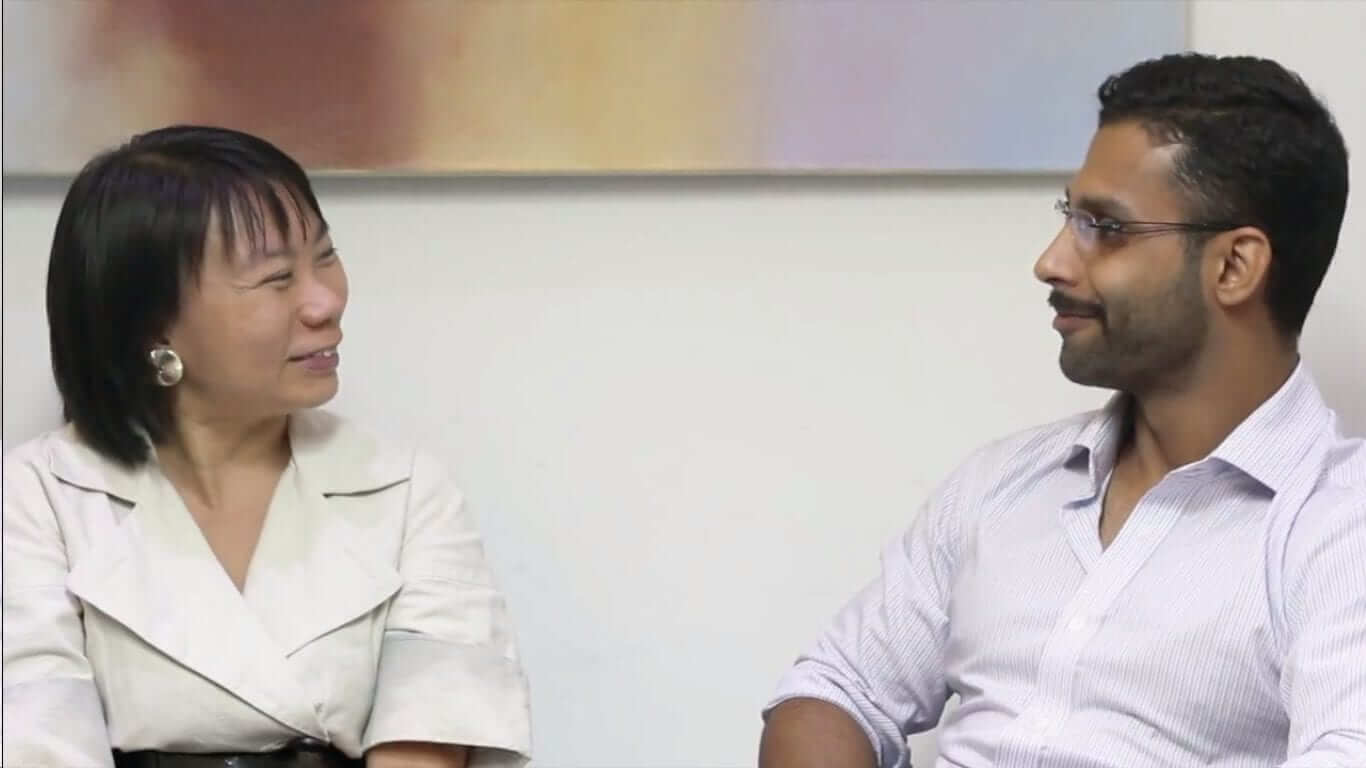(This is part of the series “What are Gen Ys looking for at Work?”, in which I interview Gen Ys, Gen Xs, and others regarding multi-generational issues in the workplace.)
Perx (www.getperx.com) is a Singapore-based startup that was originally launched to provide a replacement for traditional paper loyalty cards. Over the years, it has evolved into a mobile marketing platform focused on helping merchants acquire, learn, and grow customers through targeted mobile marketing, and to build a mobile bridge between merchants and customers.
In this section of the interview, I talk to Hamzah Hassan, a Gen Y Client Manager at Perx, about how you know if you are a good fit for a startup.
If you could inform the general audience about working in a startup – what is a good fit, that means, how would you know if you are a good fit for a startup, and if you are a Gen Y, why take that plunge or that challenge?
I think in the corporate environment, we are given a very structured training program and learning points in order to advance our careers. So in some ways, everything is essentially set for you: there’s already things you have to learn and lots of resources made available to you in a very structured manner.
The startup world is very different in that there is not as much structure. You have to essentially explore for yourself what you can do and run with that. That said, the amount of resources available are simply just as massive. But building the structure around them and to be able to develop your career and your capabilities are entirely up to you.
So the startup industry is actually — one must be ready to be uncomfortable. One must be ready to take risks, take challenges.
There is no straight answer to anything: one has to go and look for that answer and develop one’s skills and learning in that process.
Secondly, startups today generally require a good understanding of technology – of computer code and of software and software development in general – along with other skills like project and people management. And it is very essential to be comfortable with them, if not, at least fluent and extremely skilled with them.
And that’s the thing that I’ve been finding out from other startup leaders is that the young people, or young people who joined, not just age-wise, but young as in inexperienced, may not have that. So they are kind of running without the expertise. Then does your startup onboard you or give you the resources in order to cope with these demands that you may not have the ability to meet? Like onboarding or training?
What I’ve said earlier about the corporate environment having a very structured sort of ongoing training program, the startup, by its very nature, and by the needs of this business, cannot do in that sort of structured manner.
Learning in the startup is akin to being an apprentice and the difference is perhaps that we will throw you into the fire a lot quicker than in a formally-structured program. So one must be mentally prepared to do that and while we may get thrown into the fire very quickly, there’s always enough people to back you up, and as long as you have that backing, one just simply needs to forge ahead and learn, after a while, one gets very comfortable in this sort of environment.
So I said that basically, your people have mentored you, they given you the resources, but they tell you that even though you may have made a “mistake”, they are also there to learn from the “mistake” together.
Yes
So that’s not a Gen Y “mistake”, it’s a company learning together “mistake”. As opposed to structured where it seems like if you go out of the norm, you are actually making a mistake. So a very different mindset.
That’s correct.
Thank you so much for the insight. I’m sure all the Gen Ys here would love to understand more about the startups and maybe connect with you another time. But really, thank you so much for your time, Hamzah.
Thank you. Cheers.
To watch the video, please click here.





























